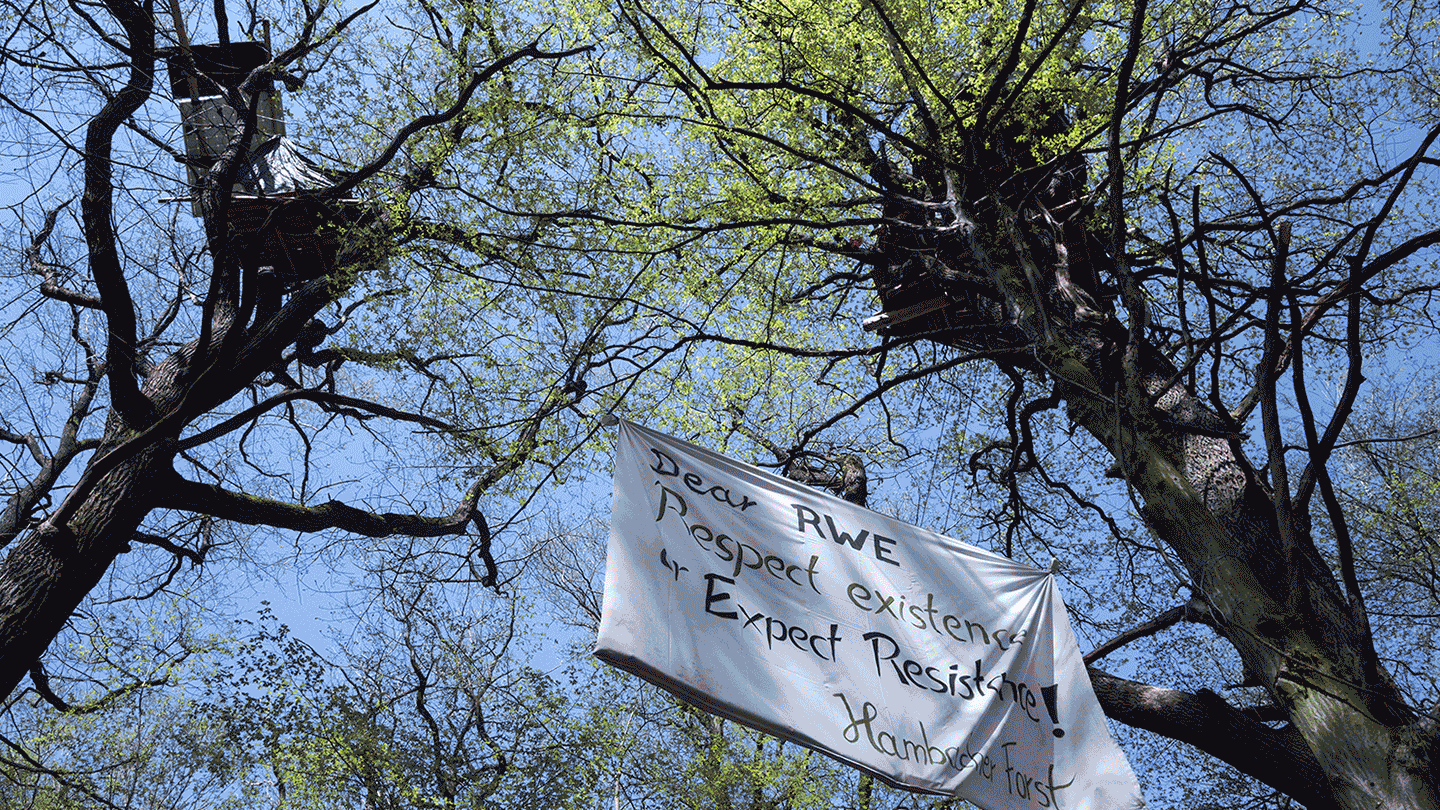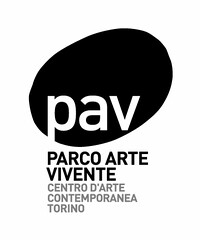Dissent Machines
March 11–May 27, 2023
Via Giordano Bruno 31
10134 Turin
Italy
T +39 011 318 2235
Curated by Marco Scotini.
PAV is pleased to present Dissent Machines, a double solo exhibition by Marcelo Expósito and Oliver Ressler. Following on from Regina José Galindo’s solo show, Tierra, this new one, curated by Marco Scotini, returns to an investigation of the relationship between the claim for climate justice and radical criticism of neoliberalism within a choral and collective perspective.
Both filmmakers and authors of text-based works, Marcelo Expósito and Oliver Ressler are amongst the most important exponents of the relationship between art and activism that, since the start of the millennium, have been creating imaginaries, new forms of subjectivity and possibilities for living, generating aesthetic models as well as political and social forces all over the world. Active for more than twenty years, the two artists work within the ambit of collaborative experimentation linked to the emergence of those social movements that the philosopher Gerald Raunig defines as “machines”, an image indebted to Deleuze and Guattari and Italian workerism.
The exhibition opens with a denunciation: the triumph of neoliberal politics and the exaltation of the private will make it impossible to achieve environmental sustainability and climate justice. This is what we read, almost literally, in the work by Ressler that opens the exhibition, together with the equally explicit message of the work Every Round-trip Ticket on Flights from New York to London Costs the Arctic Three More Square Meters of Ice. The series Reclaiming Abundance focuses on the transformations required to achieve a zero emissions society, while How Is the Air Up There? shows us who lays a claim to it today – it is the story of the activists who have occupied the trees in the forest of Hambach, as we learn from the video The Path is Never the Same. Anubumin (a film made in collaboration with Zanny Begg) concentrates on the history of exploitation and neocolonial oppression on the tiny island of Nauru.
Expósito’s works investigate the development of the post-Fordist city during the long cycle of neoliberal globalization, highlighting the relationships between the current systemic crisis and the emergence of new political subjectivities. Themes that define a line of research that has been unravelled by the Spanish artist for a number of decades. Today, this investigation focuses on the unsustainable nature of the models that configure the existence of the metropolises and the authoritarian evolution of neoliberalism in a time of global crisis. His investigation makes use of a dialogue with the feminist and anti-racism movements, with sexual dissidences, with the climate justice movements, illustrating their prompt capacity for critical thought and action, in line with the lessons learnt from Gramsci for whom “There is no human activity from which every form of intellectual participation can be excluded: homo faber cannot be separated from homo sapiens”. It is precisely the thoughts of Gramsci and other key figures of twentieth century political history (from José Carlos Mariátegui to Mario Tronti, including Françoise d’Eaubonne and Berta Cáceres) that sustain the body of the works Perchè il naufragio non avvenga (So that the Shipwreck Does Not Occur).
The video First of May (The City-Factory) converses with the analysis of the changes to labour that became established with the rise of the post-Fordism proposed by Paolo Virno, concentrating on the transformations that left their mark on the Lingotto in Turin. PAV’s dialogue with the land returns in three original pieces around our relationships with the earth, specifically created for this exhibition.
Starting out from the testimonies from the movements that prematurely evidenced the oppressive nature of globalization, Dissent Machines brings into focus the continuity of Expósito and Ressler’s journeys: a trajectory that leads from the anti-globalization battles to the forms of mobilisation that aim to defend both the earth and social justice.
The exhibition has been realised with the support of Compagnia di San Paolo, Fondazione CRT, Regione Piemonte, and City of Turin.


